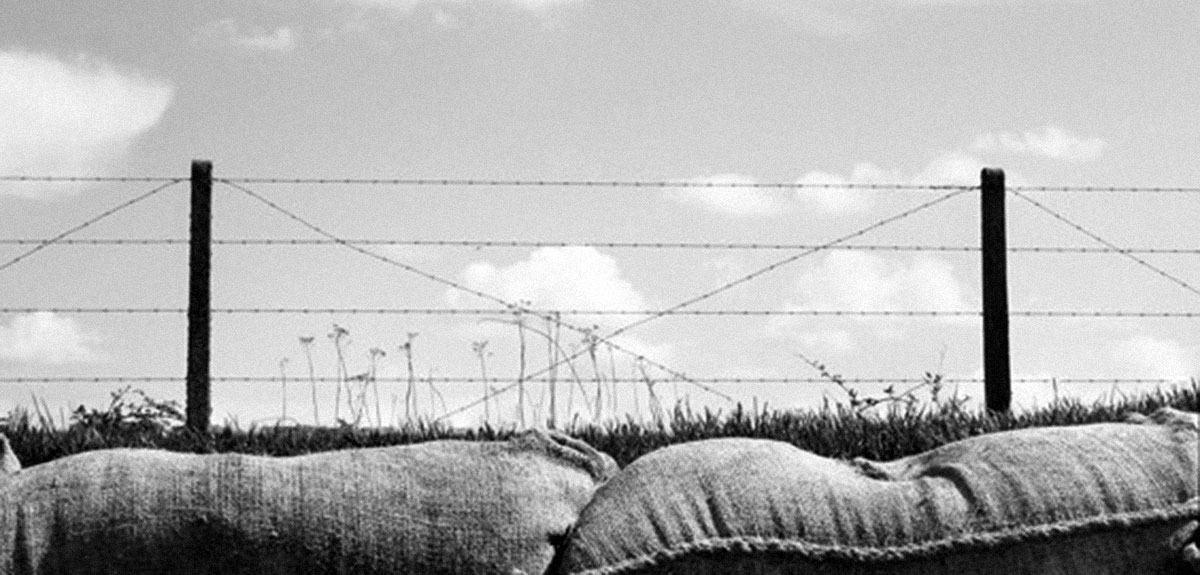by Mawer Investment Management, via The Art of Boring Blog
Last week was a productive one for diplomats. Not only did the U.S. and China sign a landmark climate change accord, the two mega-powers also established military guidelines to govern the contested waters off China and agreed to reduce technology tariffs. India and the U.S. inked an important deal on food stockpiles. And China’s President, Xi, and Japan’s Prime Minister, Shinzo Abe, met for the first time after a year of icy relations between the two nations. It was enough to make one forget how the rest of the year has gone in international relations…almost.
Why nations can’t get along is a question for the ages. After all, the consequences of antagonistic political relations seem obvious. One needs only to look at Russia’s bleak economic outlook to see what can go wrong if you don’t play nicely on the playground. And yet what rationally “should” happen often doesn’t. In part, this is because of constraints.
One of the most telling examples of constraints occurred in 1909. At the time, there was a brewing tension between the various European nation-states; it was widely believed that war was inevitable. And yet not everyone agreed that this was a good idea. Some—like British economist Norman Angell— presented cogent arguments that war would be futile. According to Angell, the world economy had never been so interconnected, trade had never been so high, and entering into a conflict would destroy fruitful economic relationships. Clearly, it would be irrational to proceed.
Five years later, one of the worst wars that man had ever known occurred. It stretched out four years and cost millions of lives. Rationality lost out.
1909 is a good reminder that constraints often trump rationality. The assassination of Archduke Franz Ferdinand of Austria in 1914 triggered a series of events which ultimately lead to World War I. These events occurred primarily because a web of relationships existed between European nations at the time —a web that ultimately served as constraints. It didn’t matter that many leaders in Europe didn’t really want to go to war. Like falling dominos, a series of events had been set in motion that was now bound to play out.
This is an important reminder for investors—many of whom have the tendency to assume that difficult political situations will work out because leaders will eventually be rational. History often suggests otherwise. When Russia lined up 20,000 troops on the border of Ukraine, many market participants argued that Russia would never cross the border. Likewise, many investors argue that China and Japan will never go to war because of their economic interdependence (despite a recent poll in which more than half of Chinese people believe that they will go to war with Japan in the next fifty years). These assumptions are problematic. While rationality can win out—as demonstrated last week—the starting point for evaluating a situation should not be what is ideal but how the situation and the participants are currently constrained.
Further Resources
One of the best podcasts I have ever heard is Dan Carlin’s Hardcore History. For anyone interested in learning more about World War I, I highly recommend his series entitled Blueprint for Armageddon, which you can listen to by downloading the iTunes Podcast app and streaming or downloading his show (both are free). It’s truly great work and I gobble it up.
This post was originally published at Mawer Investment Management











